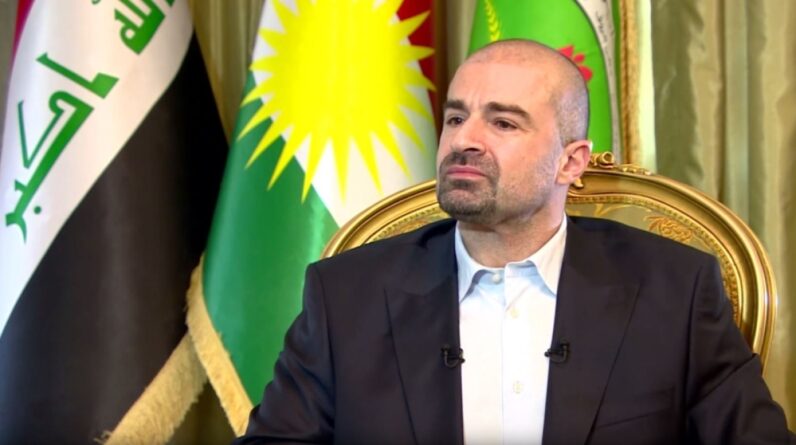
The move has eased tensions since the killing of an intelligence officer that the KDP blamed on the PUK.
The Patriotic Union of Kurdistan (PUK) political party in northern Iraq has ended a months-long boycott of Kurdish regional government cabinet meetings with its main coalition partner, the ruling Kurdistan Democratic Party ( KDP).
The move eased tensions between two factions, which fought a civil war in the 1990s, and calmed Western fears of a deepening rift between the PUK and KDP, both of which have been central to the struggle against ISIL (ISIS).
The PUK had boycotted cabinet meetings since Hawker Abdullah Rasoul, an intelligence officer who had spent two decades with the PUK, was killed in his SUV by a bomb in Erbil on October 7, 2022, according to three Kurdish government officials who spoke to Reuters on condition of anonymity.
The PUK is a junior coalition partner with Iraqi Kurdish Prime Minister Masrour Barzani’s KDP, with whom it has a long history of struggling for influence and power. The PUK is led by the Talabani clan.
Last year, the KDP openly blamed the PUK for the brazen killing of Rasoul, sparking a series of incidents that have strained the power-sharing agreement.
The PUK has flatly denied the accusations, saying they are politically motivated.
On November 9, PUK leader Bafel Talabani flew to Erbil, which is controlled by the KDP, accompanied by Deputy Prime Minister Qubad Talabani, dozens of security personnel and one of the men wanted for Rasoul’s murder.
The group was not allowed to leave the airport until the president intervened, a source told Reuters.
I enjoyed hosting DPM @qubadjt for lunch today
In the spirit of constructive and open dialogue, we discussed issues in government and agreed on ways to move forward. pic.twitter.com/yX12hwDrAh
– Masrour Barzani (@masrourbarzani) May 8, 2023
Political relations continued to deteriorate until PUK ministers boycotted KRG meetings.
Last week, Barzani and Qubad Talabani met for the first time since the assassination and agreed to work together to overcome their differences, according to statements posted on their Twitter accounts, along with a photo of them looking at each other and smiling
The breakthrough came days after a US State Department delegation, including Barbara Leaf, the US assistant secretary of state for Near Eastern Affairs, visited Erbil and met with leaders from both parts.
Analysts have said the rift is a major distraction from what the government should be doing to address public service problems and high unemployment in a region rich in oil and gas.
[ad_2]
Source link





